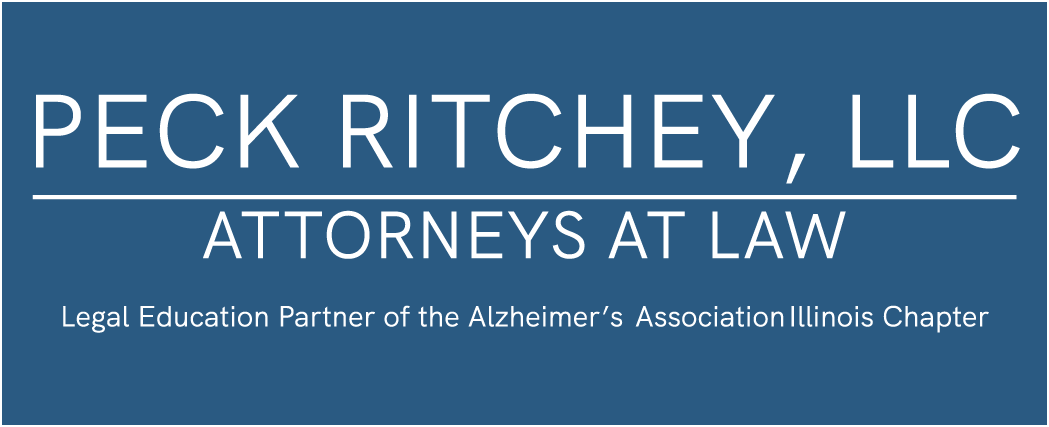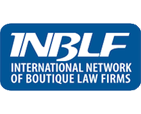Some of the most frantic calls I receive to my office are regarding that misunderstood, dreaded word: MEDICAID. People either try to apply to the program with no assistance or knowledge of the requirements and get denied for application errors, then call us for help, or are filled with worry based upon rumors friends and family have told them.
Medicaid is an essential health and long-term coverage funding program for most seniors. About 60% of Medicaid funding goes to the elderly and disabled. One of the reasons Medicaid is muddled in myths about what is involved in the planning process is because people will consult their neighbors over a experienced attorney regarding Medicaid qualifications.
1.) The number one myth is that you must sell your home, or better yet, ALL your belongings, in order to be eligible for Medicaid. Medicaid is a type of welfare program, therefore, you can only have a minimum number of countable assets to qualify.
Key word: COUNTABLE assets.
You cannot have more than $2,000.00 of countable assets. Countable assets are things like bank accounts and mutual funds (think plain and simple money). You CAN have a house, a modest car and miscellaneous personal property in addition to that $2,000.00 of assets.
2.) On the opposite side of the spectrum, people also spread the myth that it is against the law to sell/gift ANYTHING in order to be eligible for Medicaid. Despite what you have heard, it is NOT against the law to sell your assets in order to qualify. Yet, Medicaid does have complex gifting rules, and you will be vulnerable to a period of ineligibility after transferring assets.
The rule is: for every month of assisted living care you give away, you loose a month of Medicaid eligibility. Well, what is a month of assisted living care in Medicaid terms? If the average monthly nursing home rate is $2500, and you give a relative a gift of $25,000 in order to be eligible for Medicaid, then you will not be eligible for about 10 months and must wait to apply ($25,000 divided by $2500). Interpretation of this rule are often what leads to failed applications or the belief that you are not eligible to apply at all.
Medicaid is one of the most unintelligible, complicated government programs, so beware battling this beast alone. Moral of the story: ask a QUALIFIED Medicaid attorney for advice and planning assistance.














